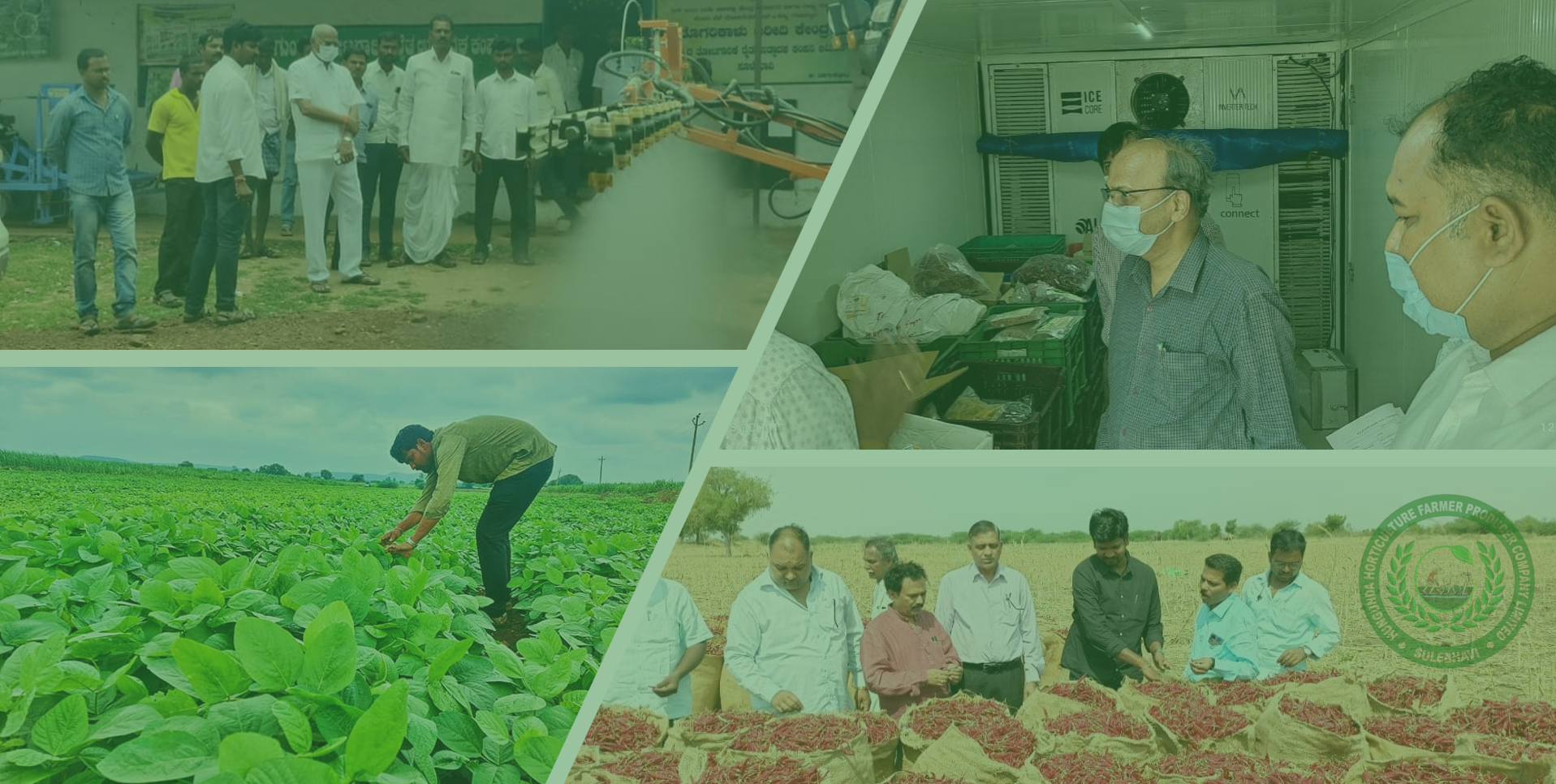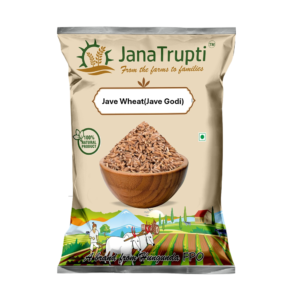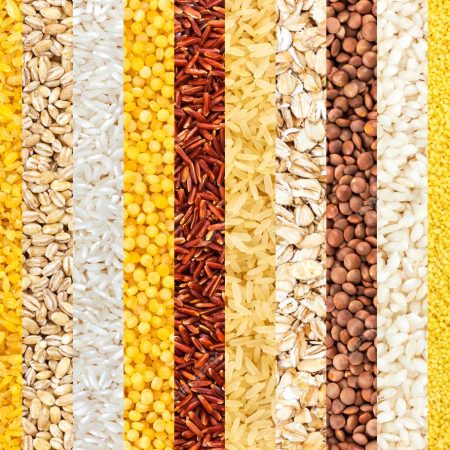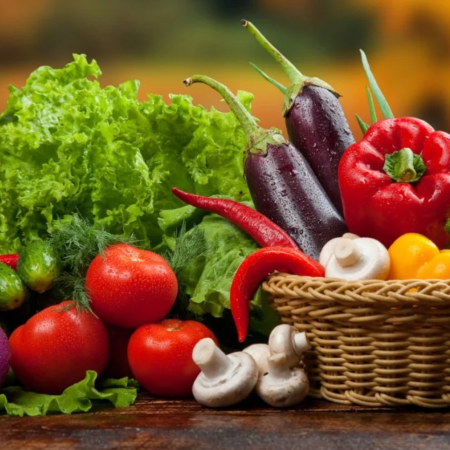Chemical-Free vs. Conventional vs. Organic Farming: What’s Best for You?

As consumers become more conscious about food quality, health, and environmental impact, choosing the right farming method has become more important than ever. Among the various approaches, chemical-free, conventional, and organic farming stand out. Each has its advantages and challenges, but which one is best for you? Let’s explore!
1️⃣ What is Chemical-Free Farming? 🌿
Chemical-free farming is a sustainable approach that avoids the use of synthetic pesticides, fertilizers, and genetically modified organisms (GMOs). While it shares similarities with organic farming, it does not always follow the same certification standards.
Key Practices:
✔ Natural fertilizers like compost, manure, and bio-fertilizers
✔ Biological pest control instead of chemical pesticides
✔ Crop rotation & intercropping to maintain soil fertility
✔ No GMOs or synthetic additives
Pros:
✅ Healthier food with no harmful chemical residues
✅ Protects soil, water, and biodiversity
✅ Encourages sustainable and regenerative agriculture
Cons:
❌ Can be labor-intensive and expensive
❌ No official certification (unless organic certification is obtained)
❌ Lower yields compared to chemical-based farming
2️⃣ What is Conventional Farming? 🚜
Conventional farming is the dominant agricultural method that uses modern technology, synthetic fertilizers, pesticides, and GMOs to maximize yields and efficiency. It focuses on large-scale food production to meet global demand.
Key Practices:
✔ Synthetic fertilizers and pesticides for increased productivity
✔ Mechanized farming for efficiency
✔ Genetically modified crops (GMOs) to resist pests and improve yields
✔ Irrigation systems for stable production
Pros:
✅ High crop yields, ensuring food security
✅ Lower food prices due to large-scale production
✅ More resistant crops through technology and hybrid seeds
Cons:
❌ Chemical residues in food may affect health
❌ Soil degradation and environmental pollution
❌ Dependency on synthetic inputs increases long-term costs
3️⃣ What is Organic Farming? 🌱
Organic farming is a holistic and certified approach that eliminates synthetic chemicals, GMOs, and artificial additives. It prioritizes soil health, biodiversity, and long-term sustainability.
Key Practices:
✔ Natural fertilizers (manure, compost, green manure)
✔ Crop rotation & companion planting to maintain soil health
✔ No synthetic pesticides or GMOs
✔ Emphasis on biodiversity & regenerative farming
Pros:
✅ Completely chemical-free, making it the safest option
✅ Environmentally friendly, promoting soil and water conservation
✅ Higher nutritional value and better taste
Cons:
❌ More expensive due to higher production costs
❌ Lower yields compared to conventional farming
❌ Limited availability in some regions
4️⃣ Key Differences Between Chemical-Free, Conventional, and Organic Farming
| Factor | Chemical-Free Farming 🌿 | Conventional Farming 🚜 | Organic Farming 🌱 |
|---|---|---|---|
| Use of Chemicals | None | High | None |
| GMOs | Not used | Common | Not used |
| Soil Health | Improves fertility | Depletes over time | Enhances fertility |
| Environmental Impact | Low | High | Very low |
| Pest & Weed Control | Natural methods | Chemical-based | Biological methods |
| Yield | Moderate | High | Moderate |
| Food Quality | High | Moderate | Highest |
| Cost | Moderate | Low | High |
5️⃣ Which One is Best for You? 🤔
✅ Choose Chemical-Free Farming If You:
✔ Want chemical-free food but don’t require organic certification
✔ Support sustainable farming with natural inputs
✔ Prefer cost-effective yet eco-friendly practices
✅ Choose Conventional Farming If You:
✔ Need affordable and widely available food
✔ Prioritize high yields and large-scale production
✔ Don’t mind chemical residues in food
✅ Choose Organic Farming If You:
✔ Want certified organic produce with zero chemicals
✔ Support eco-friendly farming and biodiversity
✔ Can afford slightly higher prices for better food quality
6️⃣ The Future of Farming: Finding a Balance
The best approach may not be a strict choice between the three, but rather a hybrid model that integrates sustainable practices with modern efficiency.
Farmers are adopting integrated and regenerative farming, which includes:
🌱 Using natural fertilizers while maintaining good yields
🌾 Reducing chemical dependency by incorporating organic techniques
🚜 Leveraging technology to improve sustainability
By choosing chemical-free or organic foods and supporting sustainable farming practices, we can ensure a healthier future for both people and the planet!
Related Products
Wheat- Jave – 1kg
Bydagi Dry Chilli – 500gm
Family Pack Combo
Chana Dal(Unpolished) – 1kg
Conclusion
Each farming method has its pros and cons, and the best choice depends on your values, priorities, and budget. While conventional farming ensures mass food production, chemical-free and organic farming offer healthier and more sustainable alternatives.
🌿 Want to make a difference? Support local farmers, choose chemical-free or organic products when possible, and spread awareness about sustainable agriculture!
💚 #SustainableFarming #ChemicalFreeFood #OrganicVsConventional #JanaTrupti












3 comments
rosetyler
Aliquam lorem vestibulum at accumsan posuere porttitor turpis sed. At laoreet vitae vitae sed vel donec purus viverra sed. Enim neque in pellentesque non pulvinar phasellus lectus natoque. Purus leo ut nisl id bibendum in.
rosetyler
Nunc cursus bibendum enim feugiat amet at vel nulla nulla. Dictumst nullam arcu ultricies mus duis vestibulum bibendum. Congue proin tortor volutpat nisi enim. Iaculis velit tellus massa elit magna.
rosetyler
Pretium molestie mollis tortor sapien eleifend ut. Nunc amet volutpat vitae purus consectetur nisl facilisis. Dui bibendum tellus in pellentesque felis urna at id. Venenatis dui risus enim eleifend tempor facilisis lorem.